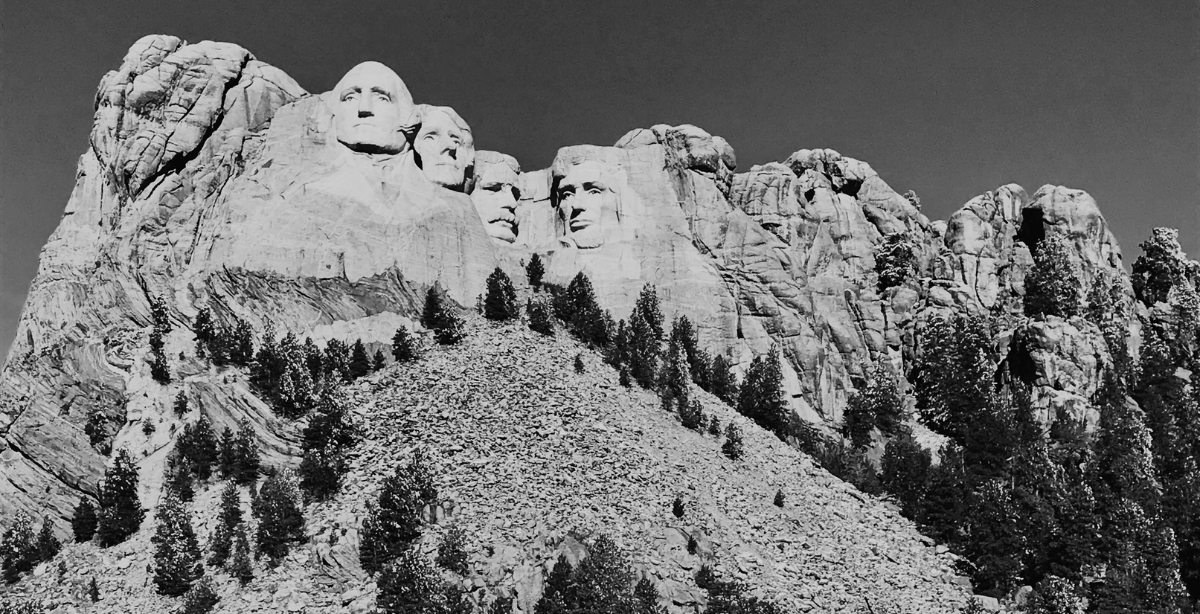The 99th session of the South Dakota Legislature adjourned on March 26 following the annual veto session. The veto session lasted only a few minutes as Governor Kristi Noem (R) did not veto a single bill this year. The legislative session lasted 38 days and saw 560 bills introduced with 233 bills signed into law.
Here’s what you may have missed:
Foreign Land Ownership
In 2023, Governor Noem introduced HB 1069 and SB 185 to limit foreign land ownership. These bills did not pass, but she retained the issue as a legislative priority. In her 2024 State of the State address, Governor Noem spoke again on foreign land ownership, specifically related to “adversaries” like China. She said, “Congress has not taken action, and we cannot afford to wait another year. This is far too important to our national security to let another year go by and let our enemies gain a larger foothold in our economy and food supply chain.”
The House followed Governor Noem’s request by introducing HB 1231 on January 31. This bill forbids a resident of China, Cuba, Iran, North Korea, Russia, or Venezuela from owning agricultural land in South Dakota. Some exceptions were provided for those leasing agricultural land for research purposes or contract feeding of livestock. This bill moved through the legislature with no amendments and was signed by Governor Noem on March 4.
Foreign land ownership has been a common topic for state legislators with 37 legislatures introducing bills on the issue. Two bills, like South Dakota’s, were introduced in Utah and Kentucky. HB 516 in Utah requires an entity directly controlled by the governments of China, Iran, North Korea, or Russia to alienate interest in land that is already owned. This bill was signed by Governor Spencer Cox (R) on March 21. HB 575 in Kentucky forbids any nonresident or business based in Belarus, Burma, China, Cuba, Iran, North Korea, Syria, or Venezuela from acquiring public land in the state. This bill passed the House on March 21 and awaits consideration in the Senate.
AI-Generated Child Pornography
Marty Jackley (R), South Dakota’s Attorney General, worked with legislators to address gaps in the state’s child sexual abuse image law. The Senate introduced SB 79 on January 11. This bill establishes that a person is guilty of possessing, producing, or selling child pornography for any visual depiction of a minor engaged in sexual acts produced by AI, including deepfakes. Provisions of the bill provide mandatory minimum sentencing for crimes committed. AG Jackley said upon introduction of the bill, “This legislation strengthens and further clarifies South Dakota’s child pornography protections...With this legislation, those protections would include Artificial Intelligence-generated child pornography…” This bill moved through the legislature at a fast pace, passing the Senate on January 23 and passing the House on February 5. Governor Noem signed the bill on February 13 at a ceremonial signing with AG Jackley present.
South Dakota is not alone in passing legislation criminalizing AI-generated pornography, Utah and Indiana have taken similar steps. HB 238 in Utah creates a crime for possessing, producing, or soliciting sexually explicit material of children created by AI. This bill was signed by Governor Cox on March 13. HB 1047 in Indiana places nonconsensual pornography that is computer-generated under the term “intimate image” and makes it a crime to distribute nonconsensual images. This bill was signed by Governor Eric Holcomb (R) on March 12.
The Budget
The South Dakota Legislature approved a $7.3 billion budget for the 2025 fiscal year. This budget aligned with Governor Noem’s requests for increased funding for education and health care. The Department of Education was granted a total of $1 billion to increase teachers’ salaries, improve technologies in schools, and a tuition freeze for state universities and technical colleges. On the healthcare front, the legislature provided a 4% increase to Medicaid providers and a 98% reimbursement for healthcare provider costs. The budget was introduced on March 7 and was signed by Governor Noem on March 21 with no amendments attached.
2024 Interim and Elections
The 2024 interim session will continue the trend of AI related issues. No agendas have been set, but the Executive Board of the legislature is expected to study the use of AI and potential regulations for minors’ access to social media.
South Dakota will hold legislative elections in 2024. Republicans are expected to hold their majority in the House and Senate as they have for the past 30 years.
One area of contention for the upcoming election lies in proposed ballot measures. Several measures have been proposed related to a qualified initiative legalizing the recreational use, possession, and distribution of marijuana; a qualified initiative repealing the medical marijuana program that voters approved in 2020; and a constitutional amendment making regulated abortions legal after the first and second trimester. None of these measures have been officially added to the ballot and it is uncertain if they will.
Want to know more about what's taking place in state legislatures? Subscribe to our This Week in the States weekly newsletter.
